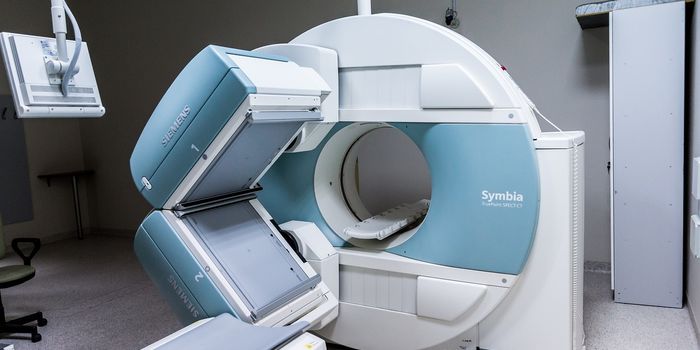On the Spot DNA Checks Fight Animal Trafficking
The illegal wildlife trade is spiking in the first decades of this new millennia, according to the World Wildlife Federation (WWF). Wildlife trafficking is the taking or poaching of protected species and the illegal trade of the animals or their parts and byproducts. The value of this industry is estimated to be in the hundreds of millions of dollars.
One challenge to preventing these crimes against wildlife is that traffickers are skilled in disguising animal and plant bones and other parts. A DNA test of a suspicious sample that is sent to a lab from customs can typically take days to come back.
In Nov. 2017, the international Barcode of Life (iBOL) presented a potential solution to this lag in port of entry DNA testing: the LAB-IN-A-BOX portable DNA barcoding kit. This tool makes quick species identification possible within a few hours. iBOL is run by the secretariat at the Centre for Biodiversity Genomics and works to create an extensive digital biological “identification system.”
"We know that many of the species that share our planet are in serious decline -- from large vertebrates to small insects, from canopy trees to tiny understory plants. By coupling the power of DNA barcoding to identify species with portability, LAB-IN-A-BOX makes it possible for anyone to identify any species anywhere,” says Prof Paul Hebert, iBOL founder and director of the Centre for Biodiversity Genomics at Canada’s University of Guelph. Along with animal bones, plants can be difficult to identify on-site, especially as seeds, seedlings or tiny aquatic samples in the fish trade.
The LAB-IN-A-BOX launched at the seventh International iBOL conference at the Kruger National Park in South Africa. Many endangered and managed species live here, including elephants, rhinos and wild African dogs. The DNA kit’s first pilot will be run at South Africa's ports of entry and ports throughout Africa will be an ongoing focus for implementation.
Wild African lions (Panthera leo) are a primary big cat species protected by an international agreement called the Convention on International Trade in Endangered Species of Wild Fauna and Flora (CITES). 
The Informatics Director at the Centre for Biodiversity Genomics at Guelph, Sujeevan Ratnasingham, created both LAB-IN-A-BOX and LifeScanner, a mobile app that helps anyone to identify the species and biological diversity around them. Ratnasingham says LAB-IN-A-BOX will be especially helpful in developing countries, where both the port of entry inspectors’ skills in identifying species and the available funding for fighting these crimes may be lacking. Ratnasingham is also the chief architect of the Barcode of Life Data Systems (BOLD). LAB-IN-A-BOX uses BOLD’s DNA barcode database as a refence for its animal IDs.
Ratnasingham says the new tool aims to offer “rapid detection, and successful prosecution. It does this by reducing the cost of adopting DNA analysis infrastructure and by simplifying usage of DNA analysis tools.”









